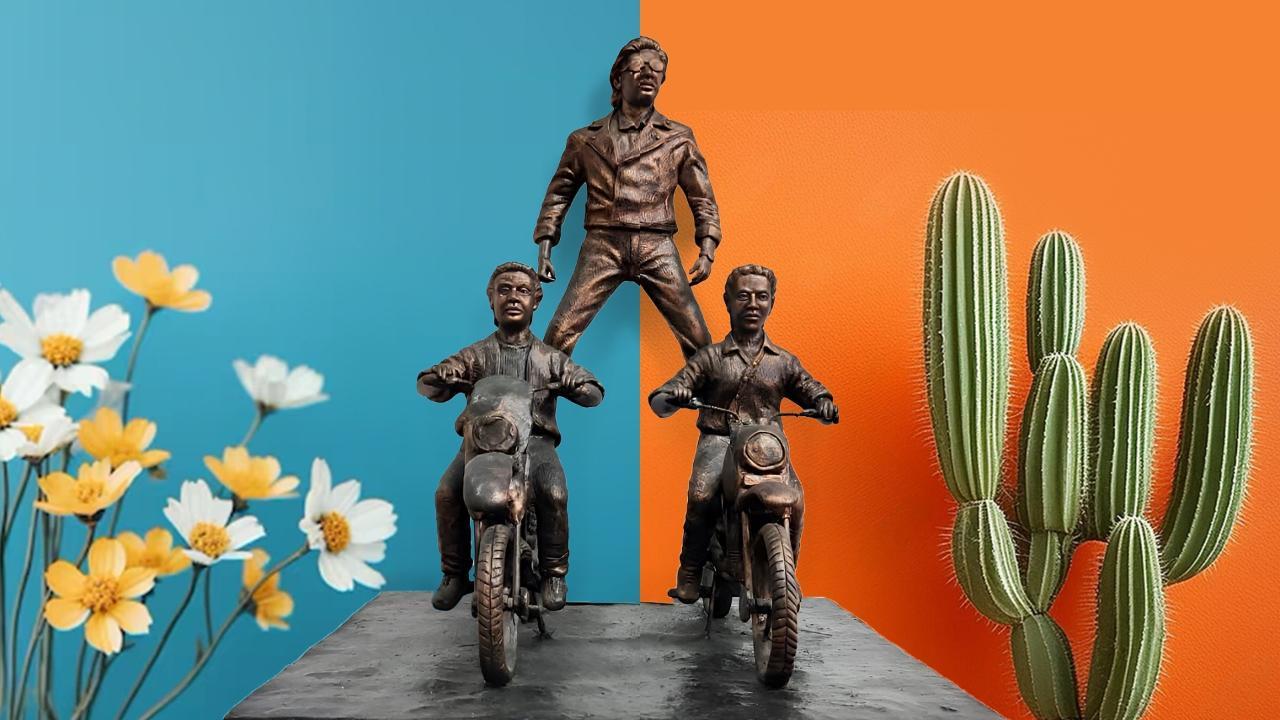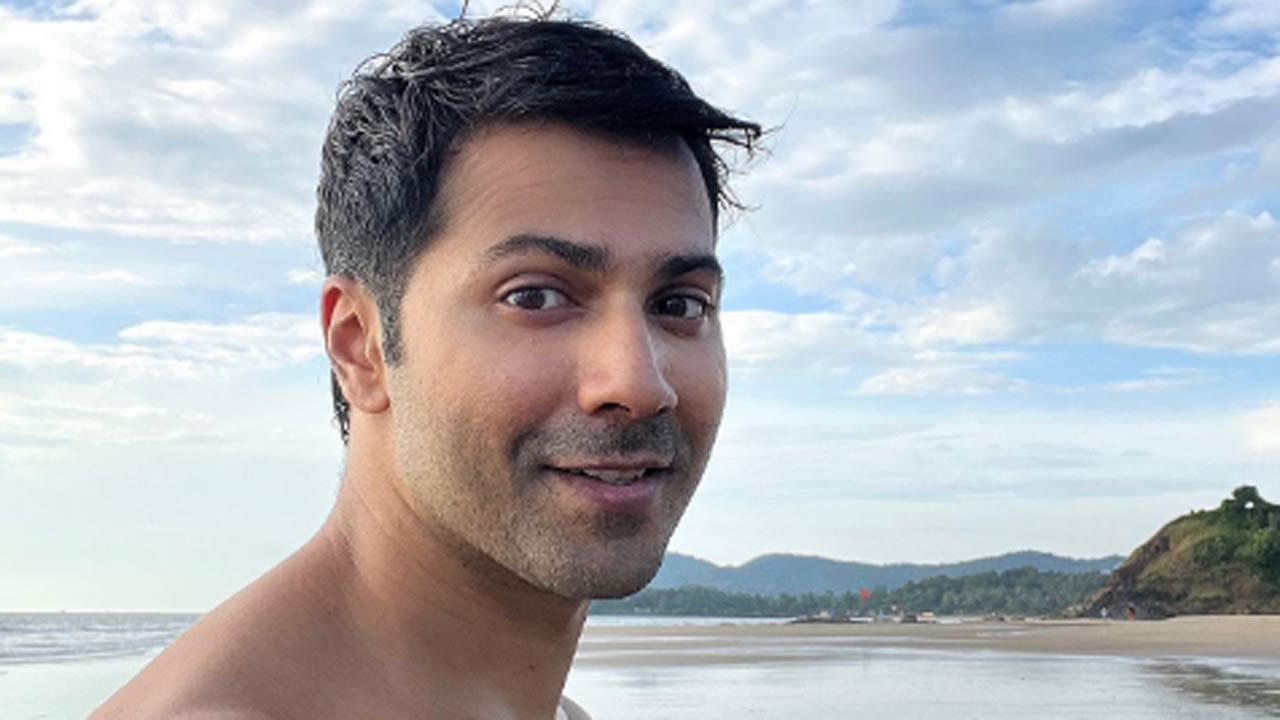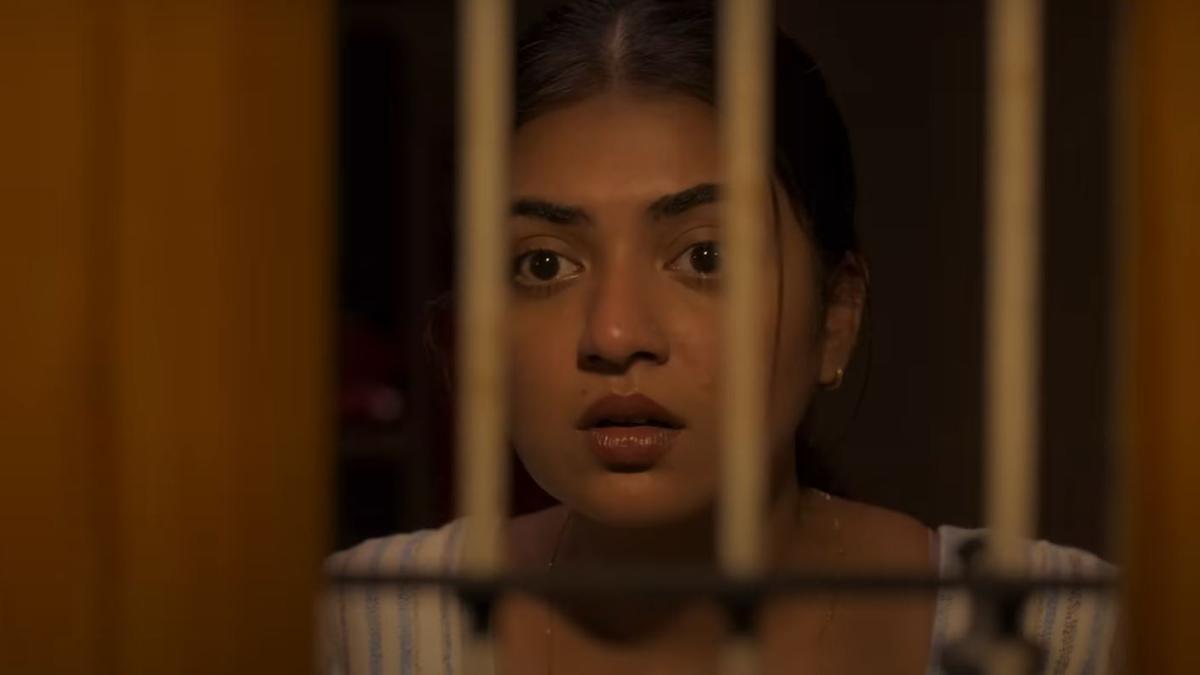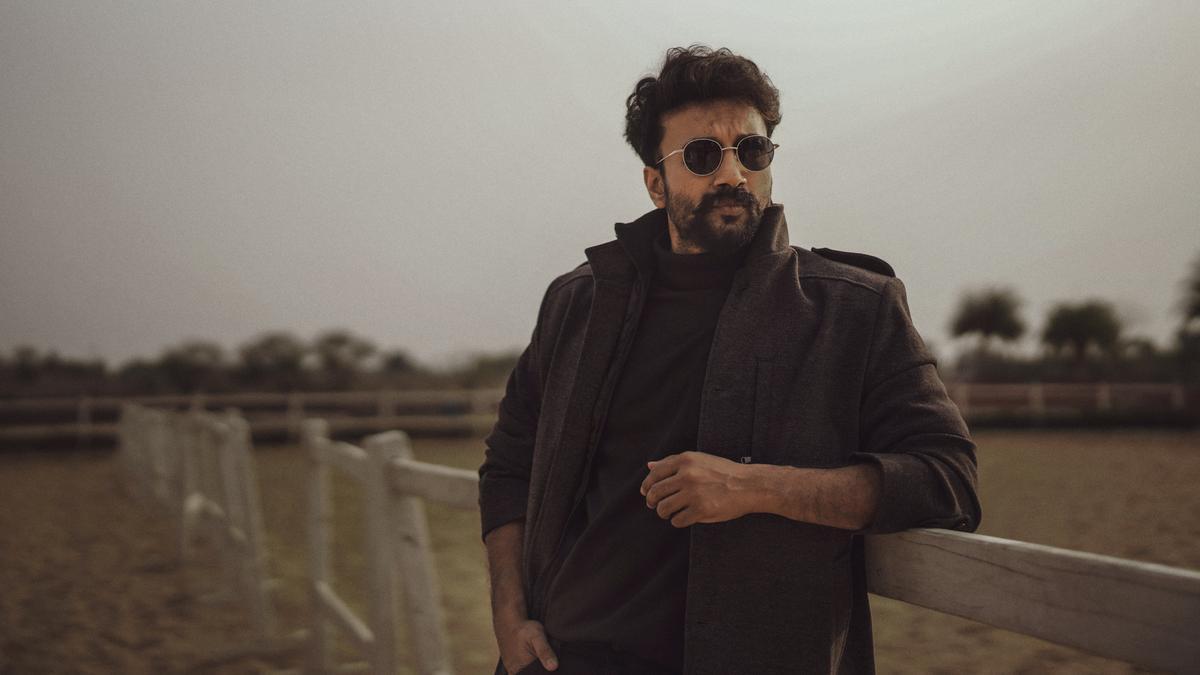
The safety of women in India has once again risen to the forefront of public debate following the harrowing rape and murder of a trainee doctor in Kolkata. Amidst this grim backdrop, Bollywood actress Mallika Sherawat has taken to Instagram to share an old video addressing the persistent issue of gang rapes and sexual violence against women in India. The recently posted video reignites the conversation Mallika attempted to stir almost a decade ago, where she drew significant backlash for her candid remarks about the state of women’s safety in the country.
In the video, Mallika Sherawat can be seen speaking at a public event, responding to a journalist’s question regarding her statement labeling India as “regressive.” Clarifying her stance, she is heard saying, “I said that India is regressive for women,” before delving into the reasons behind her assertion. She highlighted her perspective, expressing deep concern over the regularity of female infanticide, the prevalence of gang rapes that dominate news headlines, and the alarming rate of honor killings. To emphasize her point, Mallika referred to a tweet she had posted earlier the same day and mentioned a statistical report from the United Nations Population Fund (UNFPA), stating that 40% of Indian women are married before the age of 18, a figure she found deeply regressive and unacceptable.
“I’ll tell you exactly why. This is my point of view,” she explained. “With female infanticide happening almost daily, with gang rapes making the headlines of every newspaper, and with honor killings—today, only I tweeted about it. Today, I read in the paper, that according to UNFPA, 40% of Indian women—40%—are married below the age of 18. I think it’s a very, very regressive state for women, and I stand by that,” Mallika asserted.
.
Continuing her impassioned speech, she addressed the uncomfortable nature of her remarks, particularly in light of the international media coverage. “When an interviewer asks me what I have to say about these gang rapes, which are the headlines in the New York Times, the Washington Post, CNN—what do I say? Am I going to lie? Should I lie? As a woman, should I lie about the state of women in our country? So I didn’t lie,” she declared, making a staunch case for speaking the truth despite the potential backlash.
The actress’s video soon transitions to her personal reflections on the repercussions she faced for her bold statements. Mallika recalled the vehement attacks she endured from a section of the Indian press and prominent Bollywood actresses for highlighting the issues of gang rapes and sexual violence. Taking a stand against such violence, however, came at a high personal and professional cost.
In the caption accompanying her Instagram post, Mallika wrote, “I still can’t forget this moment when I was attacked and bullied by a certain section of the Indian press for speaking out against gang rapes and sexual violence in India! Some women in the press and some very big names in Bollywood—female actresses—joined the chorus and publicly attacked me for speaking out against gang rapes and sexual violence.”
The actress further elaborated on the troubling dynamics at play within influential circles. “This phenomenon highlights a troubling dynamic where, instead of supporting someone advocating for change, these women in influential positions are engaging in silencing the voices of women like me! This behavior perpetuates a culture of silence and complicity that allows sexual violence to continue. It’s crucial for women, especially those in the public eye, to stand in solidarity and use their platforms to support, rather than vilify, those who speak out against such injustices,” she emphasized.
As the debate on women’s safety continues to rage on in India, Mallika Sherawat’s old video serves as a stark reminder of the perils faced by those who dare to speak out. Her experiences underscore the urgent need for solidarity among women, particularly those in positions of influence, to foster an environment where the truth can be spoken without fear of retribution. The actress’s reflections and renewed advocacy call upon society to challenge regressive norms and create a safer and more equitable landscape for women across the nation.










